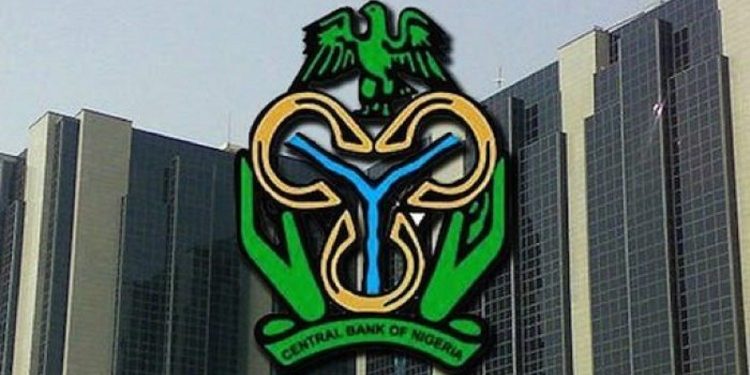The Monetary Policy Committee (MPC) of the Central Bank of Nigeria (CBN) unanimously voted to increase the Monetary Policy Rate (MPR) by 100bps to 14.0% – the second consecutive rate hike to the highest level in 42 months. The hike brings the total rate increase so far in 2022 to 250bps, representing the largest annual increase since 2011FY (+575bps).Based on the voting pattern, six members voted to increase the MPR by 100bps, three voted for a 50bps hike, one voted for 150bps, while the final member voted for a 75bps increase in the MPR. Asides from that, the Committee also voted to retain the asymmetric corridor around the MPR at +100bps/-700bps, Cash Reserve Requirement (CRR) at 27.5%, and Liquidity ratio at 30.0%.
On domestic growth: As in the last policy meeting, the Committee expressed satisfaction with the sustained economic growth momentum in Q1-22 (3.11% y/y vs Q4-21: 3.98% y/y). The Committee further noted the increase in the Manufacturing (51.1 points vs May: 48.9 points) and Non-Manufacturing (50.3 points vs May: 49.9 points) PMIs above the 50-points psychological benchmark in June due to the improvement in suppliers’ delivery time, raw materials inventory, and employment levels. That said, the Committee expects the economy to remain on the path of sustained growth, albeit slowly, given the unfolding spillover effects of domestic and external shocks to the economy.
On Inflation: The Committee expressed concern about the unabating rise in consumer prices, as the headline inflation rose by 89bps to 18.60% y/y in June due to higher food and non-food inflation. Like the last policy meeting and in line with our thoughts, the Committee attributed the increase in the core inflation to high energy prices and a progressive hike in electricity tariffs. Similarly, the Committee noted that the increased food prices continue to reflect legacy structural constraints, security challenges in food-producing regions, high fertilizer prices, and the passthrough impact of exchange rate pressures. In the Committee’s view, the CBN is addressing the demand factors stoking inflationary pressures by using the relevant direct and indirect instruments. Although the CBN is also providing interventions to address supply side factors, the Committee called on the fiscal authorities to (1) address the structural challenges impeding food production in the country and (2) seek a long-term solution to the pricing between the pricing and supply of PMS.














